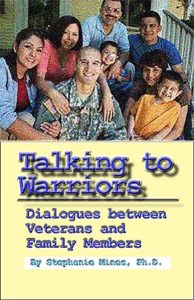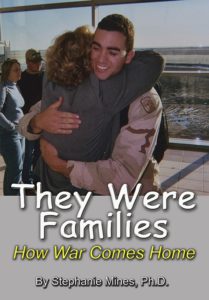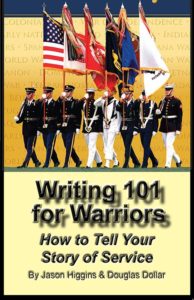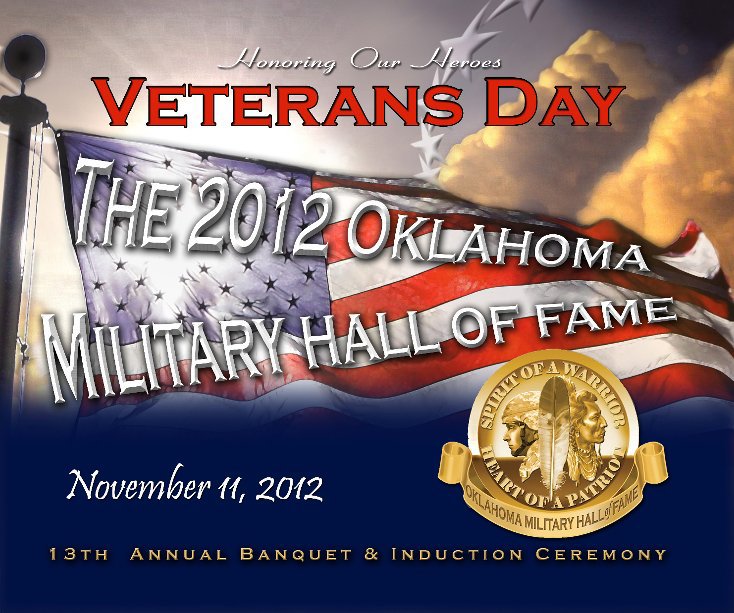To help you get started, the following are some ideas of how you might approach an Honors Campaign effort. Remember that the program is flexible, and you may modify and/or add to these ideas.
Veteran Interviews
 The starting point for any Honors Campaign is for a single student or a group of students to interview one or more veterans in your community using the questionnaire in Appendix A as a guide. We want students to get to know local veterans and to hear their personal stories and understand their perspective of military service to our nation.
The starting point for any Honors Campaign is for a single student or a group of students to interview one or more veterans in your community using the questionnaire in Appendix A as a guide. We want students to get to know local veterans and to hear their personal stories and understand their perspective of military service to our nation.
 You may encounter veterans who find it painful to recall some of their experiences in the military, but we provide a free booklet, Talking to Warriors, to help you understand how best to talk to veterans with such issues. For families with veterans who experienced trauma during their service, we provide a free book, They Were Families: How War Comes Home.
You may encounter veterans who find it painful to recall some of their experiences in the military, but we provide a free booklet, Talking to Warriors, to help you understand how best to talk to veterans with such issues. For families with veterans who experienced trauma during their service, we provide a free book, They Were Families: How War Comes Home.
The OKMHF Ambassador assigned to help with your project, working through local veterans’ groups, will help you to identify and work with local veterans, in addition to those you or members of your group might already know.
Events
Based on the interviews and getting to know the veterans identified for the campaign, you may decide to conduct or participate in a special event to recognize them. Examples include:
- School assemblies: For example, a history class might work with teachers and school administrators to organize a school assembly to recognize veterans in the community.
- Honors trips: As an example, a county 4-H club could carry out a trip to bring the veterans to a unique location, such as provided by the Veterans Memorial Cemetery Project in Stillwater or the annual OKMHF induction ceremonies conducted around Veterans Day each year. See Appendixes D and E for more details on these honors trips.
- Nominations to OKMHF: While interviewing local veterans, you might encounter one with such an intriguing story you will want to nominate him or her for induction into the State’s Military Hall of Fame.
Publications
Based on the veteran interviews you and your group members conduct, you very possibly may decide to preserve these stories in book or other form for your community and Oklahoma. The OKMHF will help you publish and disseminate the information. See appendix G for a Publications Planning Guide Examples include:
 Veterans’ memoires: The stories of one or more veterans might be provided as manuscripts to local libraries or families, or even published in book form and offered through retailers such as local bookstores or online through Amazon.com and other sites. If you encounter a veteran who is interested in writing his military experiences as a work more substantial than what is covered by your interview, we offer the book, Writing 101 for Warriors: How to Tell Your Story of Service, free to share with the veteran.
Veterans’ memoires: The stories of one or more veterans might be provided as manuscripts to local libraries or families, or even published in book form and offered through retailers such as local bookstores or online through Amazon.com and other sites. If you encounter a veteran who is interested in writing his military experiences as a work more substantial than what is covered by your interview, we offer the book, Writing 101 for Warriors: How to Tell Your Story of Service, free to share with the veteran.- Community veterans’ histories/profiles: If enough stories of local veterans are compiled in your project, you might decide to publish a collection for your community in book form; and, as before, offer the title in local bookstores and online. The work might include a history of your community’s support of military service over the years.
Media Coverage
Whether your campaign involves a single student interviewing a single veteran, or a classroom or club interviewing a number of local veterans and taking them on a trip for a special event, you will want to consider contacting your local media outlets about your efforts. Very likely, they will want to cover what you are doing based on the human-interest aspect of your Honors Campaign. Also, the OKMHF Ambassador supporting your effort can provide sample news releases to help you prepare one for the local media (see Appendix J). In any event, the first step is to let them know about your effort. Here are some thoughts:
- Newspapers: Your local newspaper, based on the nature of your campaign, might run a single story, or a series of stories, featuring not only the veterans involved, but the students working on your campaign.
- Radio: As with newspapers, your local radio station might agree to highlight your campaign in a feature segment and include interviews with veterans and students.
- TV: Also, a television station that includes your community in its broadcast area might find your campaign to be a good fit for a news program or some other aspect of its offerings.
- Social Media: Finally, you may decide to establish a social media effort, such as a Facebook page, or an internet Web site, to support your campaign.

The OKMHF publishing effort began with photo albums for each annual induction ceremony, providing lasting memories for inductees and their families.
